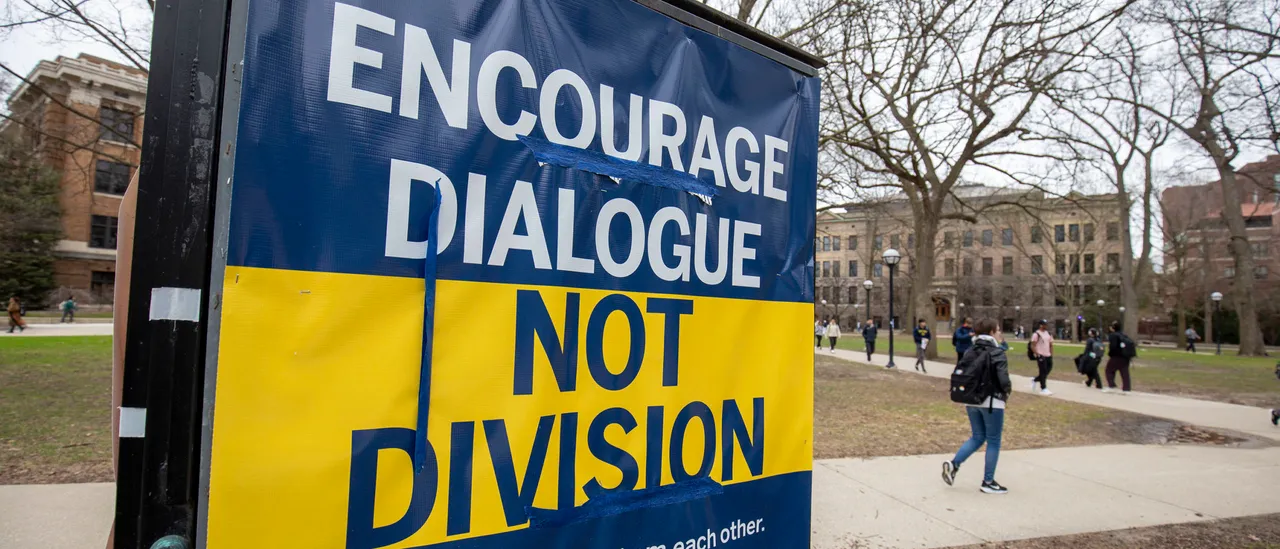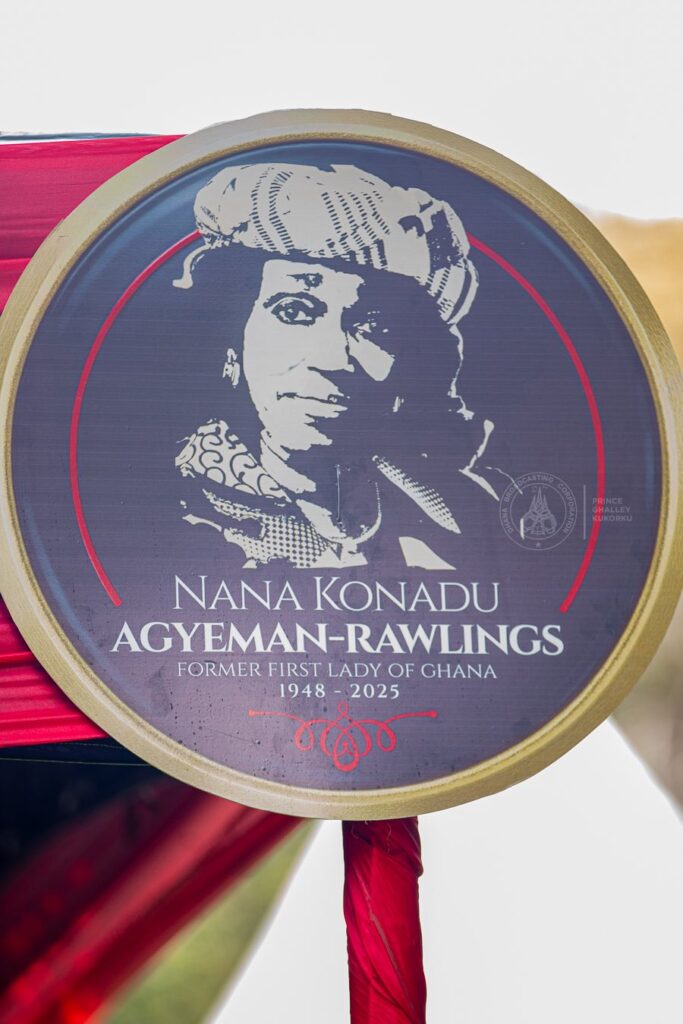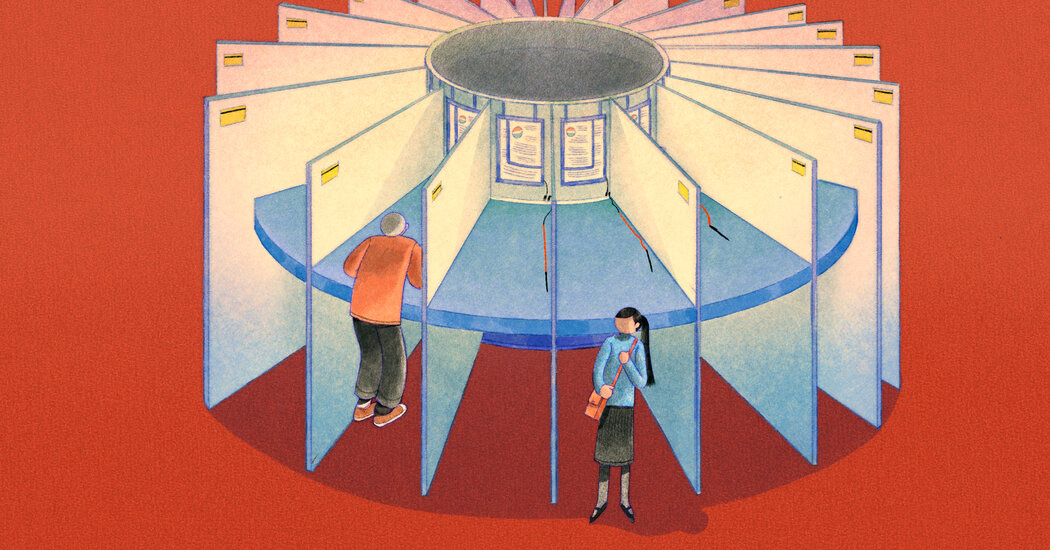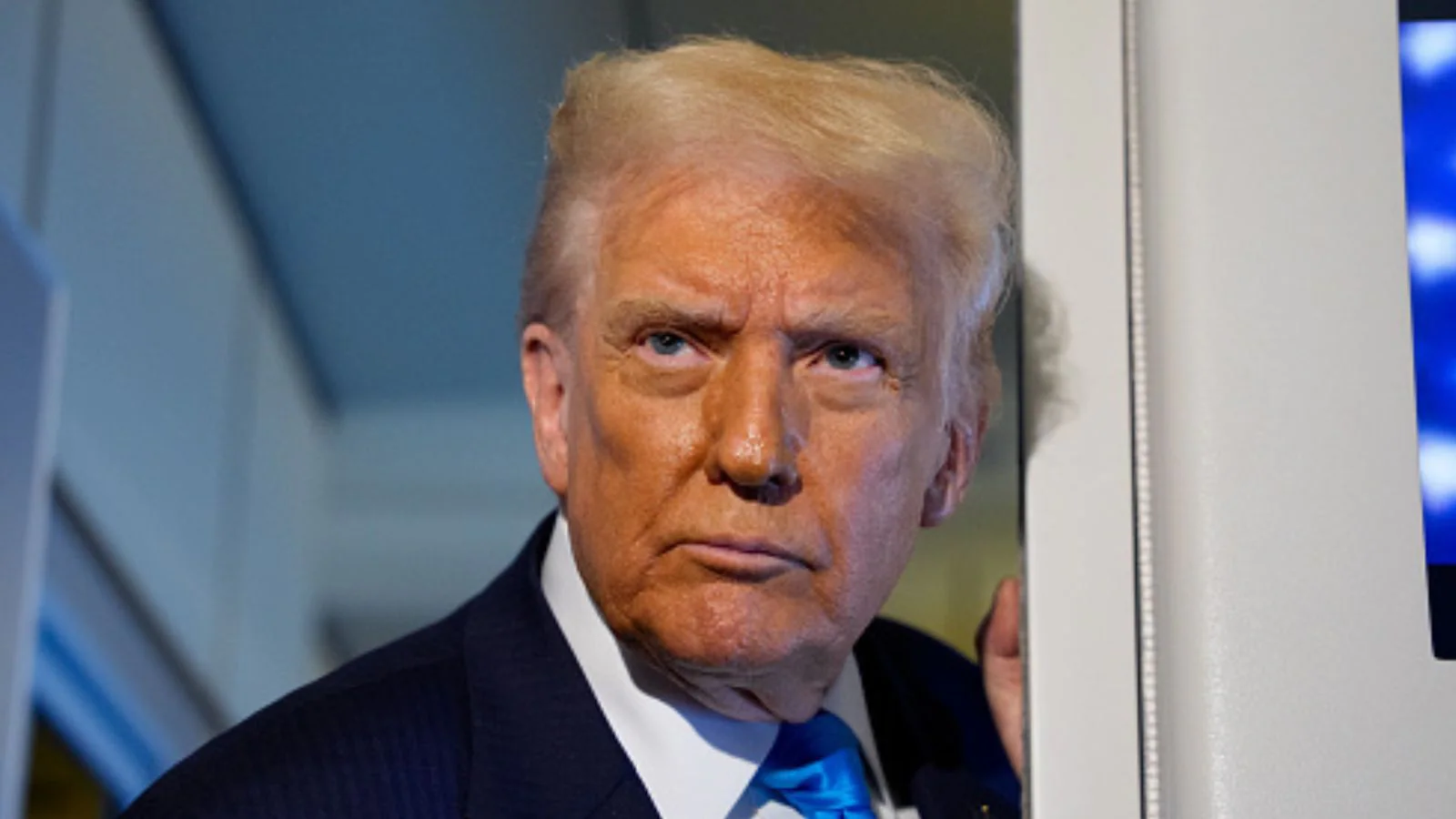Copyright ibtimes
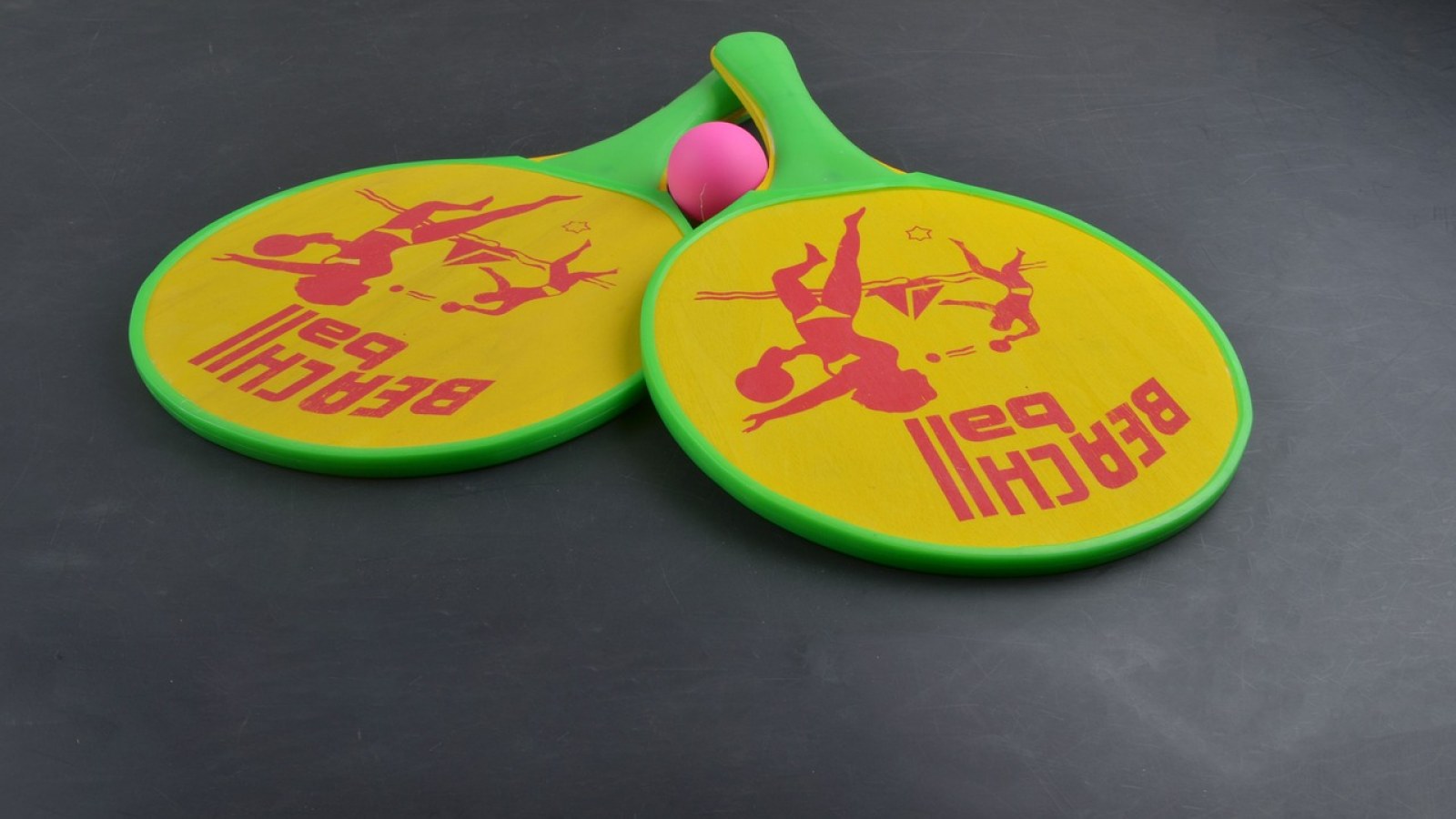
Dr. Kaliym A. Islam didn't discover leadership on a court, but he did rediscover it there. After years in corporate America and academia, he stumbled into pickleball as a pastime during semi-retirement. What began as curiosity soon became a passion, and then, after one pivotal game and a friend's offhand remark, a revelation. "I realized pickleball was more than just fun," he recalls. "It had all the elements of leadership, accountability, communication, and decision-making, embedded right into the game."That moment sparked the foundation of Pickleball Leadership, an organization Islam built to transform the way people understand and practice leadership. His idea was simple yet radical. If a sport as accessible as pickleball could naturally foster critical leadership skills, why not formalize it into a framework for businesses, schools, and communities?At first, it was just a concept, an intriguing connection between court and boardroom. But Islam, an academic by training, knew he needed more than anecdotes. "I didn't want this to be another feel-good metaphor," he explains. "It needed research, rigor, and proof." Partnering with colleagues, he designed a study to test the link between pickleball and leadership. The findings, later published in the International Journal of Social Science and Business, confirmed what his instincts suggested: people who played pickleball demonstrated stronger leadership skills, from adaptability to team cohesion. The more they played, the better those skills became.Armed with this evidence, Pickleball Leadership took shape as a business. Its mission: to help leaders at every stage, executives, entrepreneurs, educators, and students, build stronger, more sustainable skills through the principles of pickleball. "We can't keep this to ourselves," Islam says. "Leadership impacts everything, and poor leadership is one of the biggest reasons people leave jobs. People don't quit companies, they quit leaders."Indeed, too many organizations are burdened by toxic management. Islam points to common pain points his team hears repeatedly: miscommunication, low morale, lack of agility, and poor cohesion. "These are not minor issues," he stresses. "They are the reasons businesses lose talent and the reasons teams underperform."Pickleball Leadership addresses those issues through a range of offerings. Islam has authored three books on the subject, includingPickleball Leadership: Lessons from the Court to the Boardroom, available on Amazon. Beyond the books, the company delivers interactive workshops and tailored coaching sessions designed to give participants actionable tools. A signature example is the "call the score" exercise. In pickleball, every rally begins with announcing the score, a simple act that ensures clarity and alignment. Translated into business, it becomes a metaphor for setting agendas and expectations at the start of meetings. After attending a workshop, one dentist told Islam her team now refuses to start a meeting until she "calls the score." "That's the kind of instant change we love to see," Islam adds.Accessibility is another hallmark of the model. Unlike golf outings or corporate retreats that exclude some participants, pickleball is easy to pick up regardless of age, athleticism, or even mobility. "Anyone can play," Islam notes. "That inclusivity makes it a powerful tool for team building." The sport also provides a shared language for difficult conversations. Instead of criticizing a colleague for missing an agenda, team members can jokingly say, "You forgot to call the score," softening feedback without losing the lesson.But Islam's vision extends far beyond today's workplaces. He believes the greatest impact lies in starting earlier. "It's much easier to shape a mindset than to change one," he says. That belief led Pickleball Leadership to design workshops specifically for schools, blending pickleball with counseling and education. Inspired by a decades-old youth program he once led, Islam envisions after-school initiatives where students spend time both on the court and in leadership or life-skills sessions.The dual focus of helping current leaders while preparing the next generation sets Pickleball Leadership apart. Islam views it as both a cure and a prevention strategy. "We're fixing the leadership crisis we see today," he explains, "while making sure tomorrow's leaders don't repeat the same mistakes."In a world where too many leaders fail their teams, Pickleball Leadership offers something refreshingly different: a playful, practical, research-backed way to build stronger organizations and healthier cultures. "Leadership is not abstract," Islam concludes. "It's practiced daily, in choices big and small. Pickleball just happens to be one of the best teachers we have found."
